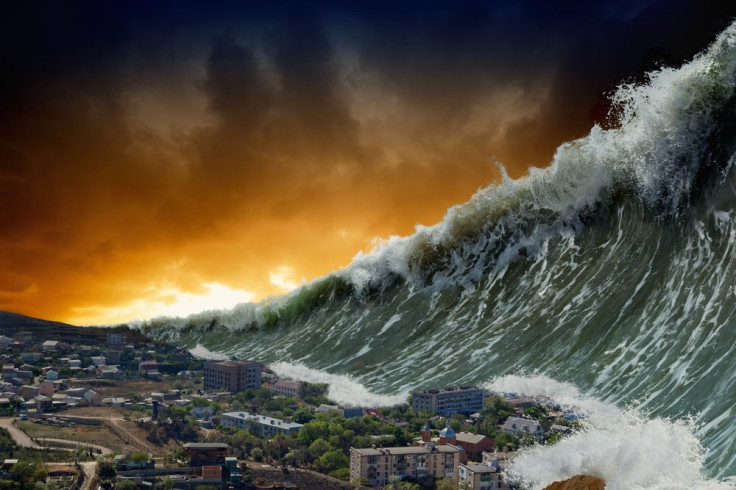End Of The World: 6th Mass Extinction In Earth’s History Has Begun And Humans May Not Survive

Extinction is a natural part of life. With each passing century species enter and fade from existence, but mass extinctions are few and far between. To date, Earth has seen only five, with the last one taking out the dinosaurs about 65 million years ago. However, according to a recent study completed by an international team of biologists, we are currently in the midst of a sixth mass extinction, and humans may be one of the first species to die off.
Stories on pollution, habitat destruction, and the impending “end of days” are nothing new. What marks this collaborative paper apart from the countless number of doomsday predictions is that it is based on accurate and hard-to-dispute scientific data. Using fossil records, the team compared natural extinction rates, which are also known as background extinction rates, to current extinction rates, and came up with some disturbing figures.
Results showed that even with conservative estimates, species today are disappearing up to 100 times faster than the normal rate between mass extinctions. “We emphasize that our calculations very likely underestimate the severity of the extinction crisis, because our aim was to place a realistic lower bound on humanity’s impact on biodiversity,” the researchers wrote.
According to Dr. Paul Ehrlich, a researcher involved in the study, "[The study] shows without any significant doubt that we are now entering the sixth great mass extinction event."
What’s A Mass Extinction?
The mass extinction of the dinosaurs, scientifically known as the Cretaceous-Tertiary (or K-T) extinction, is the best known of all mass extinctions, but it is only one of five extinction events believed to have occurred on Earth. Mass extinctions are defined as periods where abnormal or above average numbers of species completely die out. For example, BBC reports that in the Permian mass extinction, which occurred an estimated 248 million years ago, about 96 percent of all of Earth’s species died out. The International Union for Conversation of Nature, which maintains an authoritative list of threatened and extinct species, estimates the current specter of extinction could wipe out 41 percent of amphibian species, 26 percent of all mammals, and 13 percent of birds.
It takes the Earth millions of years to recover from mass extinctions. In the press release, senior author Geraldo Ceballos said, "Our species itself would likely disappear early on." In a video clip, Ehrlich explains that this is because of our dependence on the “natural services” that other species provide. Examples of this include the pollination of crops and climate control.
“We are not likely to lose the honey bee as a species but we are already losing it in lots of places where its important, say for pollinating your almond orchards,” Ehrlich said.
Past extinctions were brought about by a number of uncontrollable factors, such as climate change, sea level shifts, and possibly a large, catastrophic asteroid impact. What marks this current descent into extinction as different is not only that it's believed to be completely man-made but also that it might be avoidable if we take action against it now. The team writes that deforestation for farming and settlement, the introduction of invasive species, carbon emissions, and our introducing toxins to the environment are permanently and irreversibly destroying ecosystems.
Despite the grim news, it may still be a bit early to start building a doomsday bunker. Through intensified conservation efforts, we may still be able to preserve the Earth’s ecosystem. But the “window of opportunity is rapidly closing,” the researchers said.
"Avoiding a true sixth mass extinction will require rapid, greatly intensified efforts to conserve already threatened species, and to alleviate pressures on their populations — notably habitat loss, over-exploitation for economic gain, and climate change," they wrote.
Source: Ceballos G, Ehrlich PR, Barnosky AD, et al. Accelerated modern human–induced species losses: Entering the sixth mass extinction. Science Advances. 2015.



























